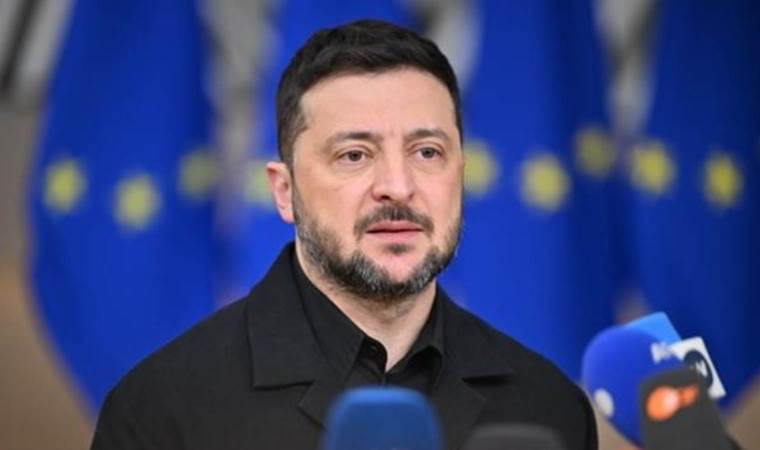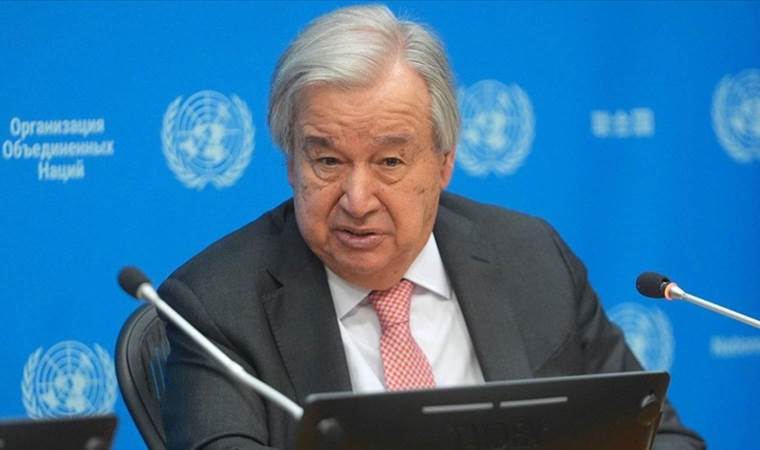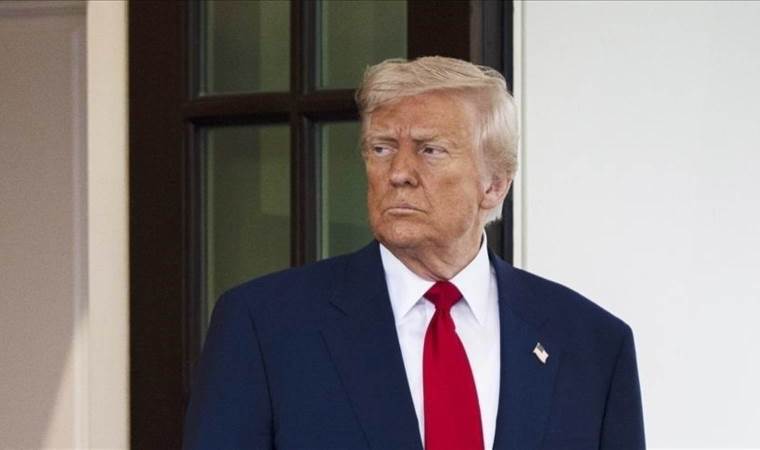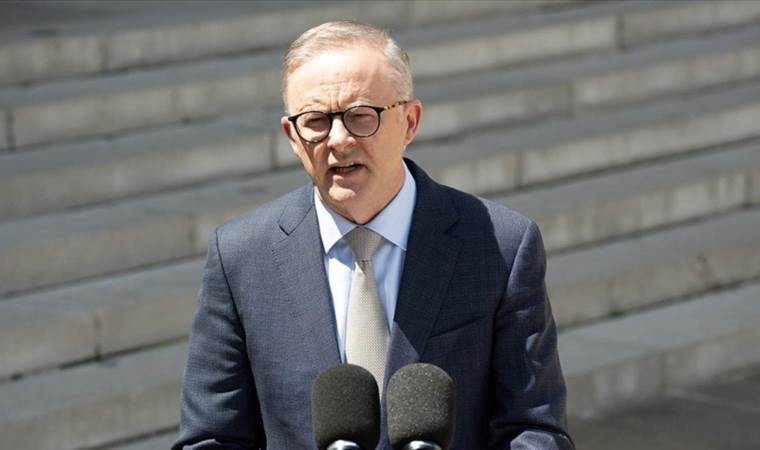UN chief urges immediate action on global AI governance
The UN chief on Tuesday called for swift global action on artificial intelligence (AI) governance, urging world leaders to support the immediate commissioning of an international scientific panel.

"I urge everyone to support the (panel’s) creation without delay,” Secretary-General Antonio Guterres Guterres said at the 3rd AI Summit in Paris, emphasizing the need for a unified approach to AI regulation.
He described the proposed independent panel as central to shaping AI’s future by "promoting a common understanding of AI, risks, benefits, capabilities and opportunities and helping bridge knowledge gaps."
Guterres highlighted the Global Digital Compact, passed at last September’s Summit of the Future, as "the first universal agreement on the governance of AI."
He said the compact aligns global governance efforts to ensure AI serves humanity rather than the other way around.
He also underscored the importance of inclusivity in AI discussions.
"Member states also agreed to establish a global dialogue on AI governance within the United Nations to ensure that all countries have a voice in shaping the future of AI," he stated.
AI disparities
Warning against growing disparities in AI development, Guterres called for increased investment in AI capacity-building for developing nations.
"We need concerted efforts to build sustainable digital infrastructure at an unprecedented scale, foster talent and train workforces to develop, deploy, and maintain AI systems," he said.
He added that a global AI capacity building network is both "an economic necessity and a moral imperative."
Guterres also addressed AI’s environmental impact, acknowledging its role in climate action but warning of its strain on energy resources.
"AI power-intensive systems are already placing an unsustainable strain on our planet," he cautioned, calling for energy-efficient AI infrastructure.
He concluded his speech by posing questions about AI’s ethical implications: "Who decides what problems AI should or should not resolve? Who benefits most from its deployment? Who bears the cost of its mistakes?"
"AI is not standing still – neither can we. Let us move for an AI that is shaped by all of humanity, for all of humanity,” he said.
Most Read News
-
 Thailand imposes martial law in border districts as clas
Thailand imposes martial law in border districts as clas
-
 2 killed, 8 critically injured in shooting at Brown Univ
2 killed, 8 critically injured in shooting at Brown Univ
-
 Zelenskyy says bilateral security guarantees a ‘compromi
Zelenskyy says bilateral security guarantees a ‘compromi
-
 Delhi’s air quality worsens to new severe level, Indian
Delhi’s air quality worsens to new severe level, Indian
-
 Attacks on Bangladeshi peacekeepers in southern Sudan ma
Attacks on Bangladeshi peacekeepers in southern Sudan ma
-
 2 Palestinians killed by Israeli army in occupied West B
2 Palestinians killed by Israeli army in occupied West B
-
 Trump vows to respond to alleged ISIS attack on US force
Trump vows to respond to alleged ISIS attack on US force
-
 ‘No place for violence in Australia,’ says Premier Alban
‘No place for violence in Australia,’ says Premier Alban








